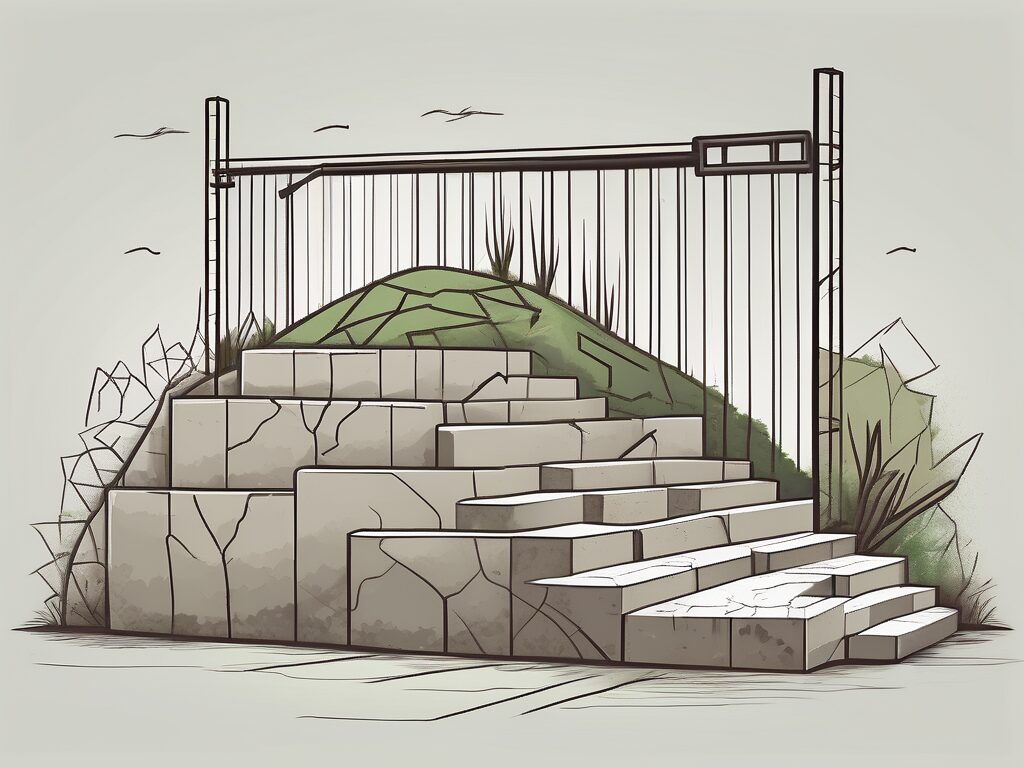The allure of teaching abroad is undeniable. The opportunity to immerse oneself in a new culture, to explore a different educational system, and to make a meaningful impact on students’ lives is a compelling proposition. However, for PGCE teachers, the journey to teaching in Thailand is often fraught with obstacles. This article delves into the six key factors that often hinder PGCE teachers from pursuing their educational careers in Thailand.
1. Accreditation and Recognition of Qualifications
One of the most significant barriers that PGCE teachers face is the recognition of their qualifications. The PGCE (Postgraduate Certificate in Education) is a highly respected qualification in the UK and other countries, but it may not be as widely recognised in Thailand.
Thailand’s educational system has its own set of standards and qualifications for teachers. While some international schools may recognise and value the PGCE, many local schools may not. This can make it challenging for PGCE teachers to find suitable teaching positions.
2. Cultural Differences
Another hurdle is the stark cultural differences between the UK and Thailand. While this can be an exciting aspect of teaching abroad, it can also present challenges. The Thai educational system, for instance, places a strong emphasis on respect for authority and hierarchy, which can be quite different from the more egalitarian approach often found in UK classrooms.
Moreover, the Thai culture itself, with its unique customs, traditions, and social norms, can take some getting used to. For instance, the concept of ‘saving face’ is crucial in Thai society, and understanding this can be vital in navigating both the classroom and everyday life in Thailand.
3. Language Barriers
While English is commonly taught in Thai schools, the level of English proficiency can vary greatly. This can pose a significant challenge for PGCE teachers, particularly those who do not speak Thai. Not only can this make classroom instruction more difficult, but it can also impact daily life outside of school.
Furthermore, the Thai language is tonal, meaning that the pitch or tone used when saying a word can change its meaning. This can make learning Thai particularly challenging for native English speakers, who are not accustomed to this linguistic feature.
4. Visa and Work Permit Issues
Obtaining a visa and work permit can be a complex and time-consuming process. Thailand has strict immigration laws, and the requirements for obtaining a work permit can be quite stringent. This can include having a certain level of education, having a job offer from a Thai employer, and passing a medical examination.
Moreover, the process can be further complicated by the fact that the rules and regulations can change frequently. This means that PGCE teachers need to stay updated on the latest immigration laws and ensure that they meet all the requirements.
5. Differences in Teaching Styles and Expectations
The Thai educational system can have different expectations and teaching styles compared to the UK. For instance, rote learning is more prevalent in Thailand, whereas the UK system tends to encourage critical thinking and problem-solving skills.
Moreover, Thai students may be less likely to participate in class discussions, as they are often taught to listen and respect their teachers rather than question them. This can be a significant shift for PGCE teachers, who are trained to encourage student participation and engagement.
6. Financial Considerations
Finally, financial considerations can also be a barrier. While the cost of living in Thailand can be lower than in the UK, salaries for teachers can also be significantly less. This can make it difficult for some PGCE teachers to make ends meet, particularly if they have financial obligations back home.
Moreover, while some international schools may offer competitive salaries, these positions can be highly sought after and competitive.
In conclusion, while there are certainly challenges to teaching in Thailand for PGCE teachers, it’s not all doom and gloom. With proper preparation, an open mind, and a willingness to adapt, these barriers can be overcome. The experience of teaching in a different culture can be incredibly rewarding, providing a unique opportunity for personal and professional growth.
Take the Leap with The IQTS at UWE
Don’t let the barriers to teaching in Thailand deter you. The International Qualified Teacher Status (iQTS) programme at UWE is your gateway to overcoming these challenges and propelling your career forward. With our programme, you’ll not only meet international school standards but also enhance your chances of securing coveted positions. Experience a significant boost in your professional development, expand your global network, and gain a deep understanding of international curricula. Ready to make your next step? Make Your Next Step with iQTS and transform your teaching journey today.

